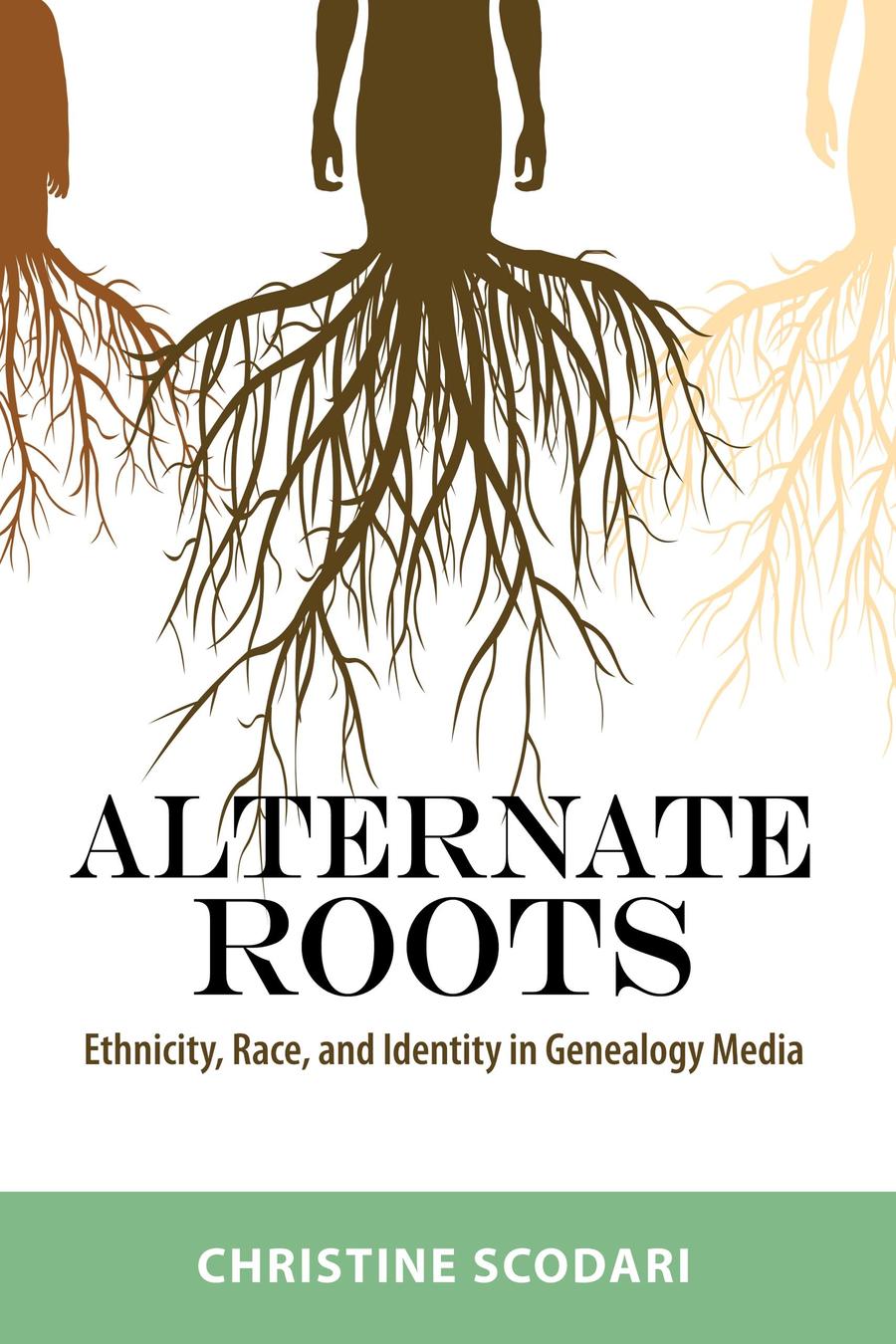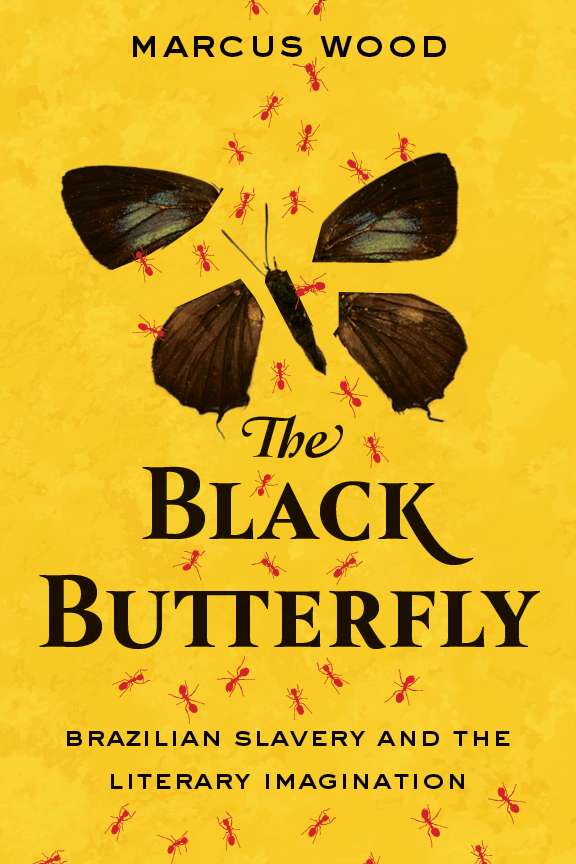Biofictions: Race, Genetics and the Contemporary NovelPosted in Books, Health/Medicine/Genetics, Literary/Artistic Criticism, Media Archive, Monographs on 2020-02-20 22:46Z by Steven |
Biofictions: Race, Genetics and the Contemporary Novel
Bloomsbury
2020-02-20
224 pages
Hardback ISBN: 9781350099838
EPUB eBook ISBN: 9781350099852
PDF eBook ISBN: 9781350099845
Josie Gill, Lecturer in Black British Writing
University of Bristol, United Kingdom
In this important interdisciplinary study, Josie Gill explores how the contemporary novel has drawn upon, and intervened in, debates about race in late 20th and 21st century genetic science. Reading works by leading contemporary writers including Zadie Smith, Kazuo Ishiguro, Octavia Butler and Colson Whitehead, Biofictions demonstrates how ideas of race are produced at the intersection of science and fiction, which together create the stories about identity, racism, ancestry and kinship which characterize our understanding of race today. By highlighting the role of narrative in the formation of racial ideas in science, this book calls into question the apparent anti-racism of contemporary genetics, which functions narratively, rather than factually or objectively, within the racialized contexts in which it is embedded. In so doing, Biofictions compels us to rethink the long-asked question of whether race is a biological fact or a fiction, calling instead for a new understanding of the relationship between race, science and fiction.
Table of Contents
- Introduction
- 1. The Roots of African Eve: Science Writing on Human Origins and Alex Haley’s Roots
- 2. Race, Genetic Ancestry Tracing and Facial Expression: “Focusing on the Faces” in Kazuo Ishiguro’s Never Let Me Go
- 3. “One Part Truth and Three Parts Fiction”: Race, Science and Narrative in Zadie Smith’s White Teeth
- 4. “The Sick Swollen Heart of This Land”: Pharmacogenomics, Racial Medicine and Colson Whitehead’s Apex Hides the Hurt
- 5. Mutilation and Mutation: Epigenetics and Racist Environments in Octavia Butler’s Kindred and Salman Rushdie’s The Satanic Verses
- Conclusion
- Bibliography
- Index









